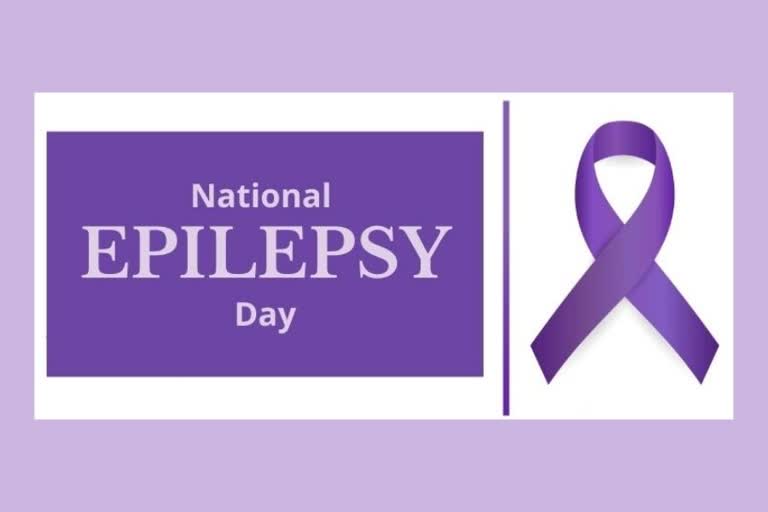According to the statistics provided by the Indian Epilepsy Association, in 2019, about 5 to 6 crore people were suffering from epilepsy worldwide. Whereas, if we look at other figures, around 1.20 crore people are victims in India itself. According to an estimate, per 1000 people, around 5-6 are suffering from epilepsy in our country. The World Health Organization’s (WHO) data states that every year about 2.5 million people become victims of this disease. Let us know a little more about this disease. It is estimated that up to 70% of people living with epilepsy could live seizure-free if properly diagnosed and treated. And, the risk of premature death in people with epilepsy is up to three times higher than for the general population.
What Is Epilepsy?
WHO explains epilepsy as a chronic non-communicable disease of the brain. It is characterized by recurrent seizures, which are brief episodes of involuntary movement that may involve a part of the body (partial) or the entire body (generalized) and are sometimes accompanied by loss of consciousness and control of bowel or bladder function. Seizure episodes are a result of excessive electrical discharges in a group of brain cells. Different parts of the brain can be the site of such discharges. Seizures can vary from the briefest lapses of attention or muscle jerks to severe and prolonged convulsions. Seizures can also vary in frequency, from less than 1 per year to several per day.
What Are The Causes?
According to the Centers for Disease Control and Prevention (CDC), epilepsy can be caused by different conditions that affect a person’s brain. Some known causes include:
- Stroke.
- Brain tumor.
- Brain infection from parasites (malaria, neurocysticercosis), viruses (influenza, dengue, Zika), and bacteria.
- Traumatic brain injury or head injury.
- Loss of oxygen to the brain for example, during birth.
- Some genetic disorders such as Down syndrome.
- Other neurologic diseases such as Alzheimer’s disease.
Epilepsy And Ayurveda
ETV Bharat Sukhibhava spoke to Dr. P V Ranganayakulu, PhD History of Ayurveda, who opines that epileptic seizures can be treated with Ayurveda. There are several medicines available to treat epilepsy. The treatment may prolong for a few years. The patients may consult an Ayurveda physician before choosing the right medicine.
- Juice of Brahmi plant (water hyssop) 200ml with honey.
- The root of Shatavari (asparagus) powder, 10gm with 100ml of milk.
- 1gm of Vacha (sweet flag) with honey twice a day.
- Yashtimadhu (licorice) powder 5gm with pumpkin juice three times in a day.
- Saraswat churna 1-3gms, with 50ml water 2 times a day.
- Dashamoola kwatha 20ml twice a day.
- Brahmi vati (1-2tab) with 50ml of water.
- Panchagavya ghrita (3-6gm) twice a day.
- Brahmi grihta 15gm twice a day with hot water.
- Saraswatarishta 20ml with water two times after meals.
Patients should avoid:
- Alcohol
- Hot and incompatible food
- Spicy food.
Epilepsy Prevention
WHO mentions that An estimated 25% of epilepsy cases are preventable and the same can be done in the following ways:
- Preventing head injury is the most effective way to prevent post-traumatic epilepsy.
- Adequate perinatal care can reduce new cases of epilepsy caused by birth injury.
- The use of drugs and other methods to lower the body temperature of a feverish child can reduce the chance of febrile seizures.
- The prevention of epilepsy associated with stroke is focused on cardiovascular risk factor reduction, e.g. measures to prevent or control high blood pressure, diabetes and obesity, and the avoidance of tobacco and excessive alcohol use.
- Central nervous system infections are common causes of epilepsy in tropical areas, where many low- and middle-income countries are concentrated. Elimination of parasites in these environments and education on how to avoid infections can be effective ways to reduce epilepsy worldwide, for example, those cases due to neurocysticercosis.
Also Read: Treat Epileptic Seizures With Ayurveda



